Hello everyone! This post is about book "Facing The Lion" written by a Maasai Joseph Lemasolai Lekuton about his childhood experience growing up on the African Savanna.
When I came to Kenya about 7 months ago one of two things I knew about this country were Maasai people, the second was Safari. When I have been living in Kenya for some time, I discovered that Maasai are "at the bottom stratum of Kenyan society." At the hotels, the higher level employees-waiters, hostess, managers, for example - are members of Kenya's dominant tribes. "If the Maasai are employed at all, it is in menial jobs, such as cleaning or chasing the monkeys out of the eating areas..."
All my information about Maasai above that was really scarce. Thus I am in a constant search for all possible information about Kenya and all related things.
Reading "Facing The Lion" was an opening-eye experience for me, as it was a rare opportunity to witness how nomad children grow up nowadays, how they raise cattle with grown ups, get circumcised to become a man, go to schools, and what future they can expect.
This book is written by a grown up Maasai, where he describes his childhood using very simple language and interesting narration. I wish every European, American and Asian child who wants a new "Mac-thing" for his birthday or Christmas could read this story about his African fellows' reality and dreams.
This book would also be useful and life-changing for gown ups, because it would make them appreciate more what they have now, what childhood they had and what future they can expect.
Maasai are semi-nomadic people who live in Kenya and northern Tanzania. The Maasai became some kind of a Kenyan symbol, they are one of the best known of African ethnic groups, because they live near the game parks, and have distinctive age-old customs and red colored dress-nanga. Many Maasai tribes throughout Tanzania and Kenya welcome visits to their village to experience their culture, traditions, and lifestyle.
But even if you are allowed to come inside the village, most likely they will remain a secret for you and you will be an alien to them.
That is why a book "Facing Th Lion" I am about to tell you will explain a lot about Maasai and their lifestyle as well as it was written by Maasai called Lemasolai who grew up on the African Savanna and told his story being a Maasai child.
My people speak Maa language, which is why we are called Maasai.
We're nomads: We live where it's best for the cattle, where there's good grass and water, away from disease and pets. If the grass runs out or the water dries up, we move.
...Today there are more people, more towns, more boundaries. There are national parks. It's harder to move around, and we live in a smaller area in the north.
In his book Lemasolai writes that Maasai don't count people. It's taboo and considered greedy. They don't give a number, even when the government census takers come. His mother, for example, used to tell her children's names, instead of telling the exact number.
According to 2009 Census Results the Maasai population has been reported as numbering 841,622 in Kenya.
I think it is the best, fairest system that I know. Our system is based not only on the family, but also on the village itself. No one goes hungry. We take care of each other. We watch out for one another. Children respect their elders. If children do wrong, any adult can correct them. That means everyone in the village is equal.
Lemasolai writes that nomads live in an area with dangerous animals and poisonous snakes. That is why it is obvious that according to Maasai traditions a boy should learn how to be brave and how to protect the cattle from wild animals, as lions, for example and how to become a warrior eventually. Sometimes warriors take the community herds long distances from their villages to find adequate grass and water and have to spent the night in Savannah. During the dry seasons or in periods of severe drought, they establish cattle camps far from the villages and remain away from home for weeks.
Even at night, warrior will know exactly where he is. He'll smell the trees and know that a particular tree grows in that price, or he'll hear a certain bird and know exactly where that bird lives.
Some warriors, when they know there's danger, sleep with their shoes in their hands and their spears right next to them.
If you kill a lion, you are respected by everyone. Other warriors even make up songs about how brave you are. So it is every warrior's dream to kill a lion at one point or another.
We sang a lion song: "We're going to get the lion, it's going to be a great day for all of us, all the warriors will be happy, we'll save all our cows."
In my language, when a child is born, we don't say "boy" or "girl," but lashe, which means "male cow," or ngache, which means "female cow."
Cows are our way of life. They give us milk and blood and sometimes meat to eat and hides to wear. They're our wealth. We don't have money; we have cows. The more cows somebody has, the wealthier he is. My mother has lived her life in a hut made of sticks on the seat of a chair. She lives entirely on the cow.
With cow comes respect. The more cows a man has, the more respect he gets.
We have three criteria for judging a cow. Number one is the color. The best color is white with a lot of black spots... To us, that is the most beautiful cow. Number two is the horn. We like a male cow to have big, even horns. And number three is the personality of a cow. A good cow is always at the front of the herd.
We don't care about how heavy a cow is. Never. Just the beauty of its color, the size of its horns, and how active it is.
We name our cows. Each cow has a name, like a person...
Our cows do not die of old age. We either sell a cow or butcher it.
I would sit by the cow and drink my milk out of the teat. The milk is warm and very sweet... The sweetness comes from the leaves the cow eat. If we want sweeter milk, we take our cows to special places where they can eat leaves from certain tree and a certain grass. Then the milk is especially delicious. It carries the scent of the tree.
We also mix cow blood with the milk. This is especially tasty and good for you. Usually it takes three people to get the blood from a cow. Two people tie a rope around the cow's neck and hold it so that the jugular vein pops up. The third person chooses a spot on the vein and hits it with a small, blunt arrow, making a little hole, a horizontal slit in the jugular vein.
When you get enough, you loosen the rope and the blood stops flowing. You then put a little medicine on the wound to speed the healing. Having blood taken out isn't bad for the cow. We don't take more blood than it can spare.
When you have a bowl full of blood, you take a stick and swirl it around in the blood for five to ten minutes to remove all of the cloths. Then you mix the blood with the milk, more milk than blood. It's delicious, simply delicious.
It's customary for the men to take care of the cattle and the women to take care of the village. If you came to the village during the day, you'd find only women and young children.
...the girls will go get water or go get firewood.
The Kenyan government has instituted programs to encourage the Maasai to abandon their traditional semi-nomadic lifestyle, among those programs was a law that every nomadic family must send one child to school, whether they liked it or not. But the people have continued their age-old customs, as a child at school was one fewer child to raise the cattle.
To go to school a kid should be eight, but Maasai do not have birth certificate or any other document that recorded when a kid was born.
The way the government people reckoned a child's age was to ask him to lift his arm, reach over the top of his head, and touch his opposite ear. A small child can't do that: His arms are too short.
The school was run by American missionaries. They taught reading and writing and arithmetic; they also taught Christianity and other Western ways of thinking.
The school was very simple. There were no chairs, no desks. The teacher had a blackboard, and we sat on the ground.
At first we didn't have paper and pencil, so we learned to write with a sick in the dirt floor of the school.
One of the problems the nomads have with school is that we move our villages and the cattle, but the school stays in one place.
The village might be 5 miles away, or it might be 50.
We could spend the night with any family. If we didn't encounter any people, we'd find a cave or sleep in a tree. The longest it took me to find my own family was about two weeks.
Sometimes you have no shoes, so your feet become strong. They develop shoes of their own.
Everything you do in our culture, you are preparing for the next stage. Everything you do in life is preparing you for the next challenge.
The most important event of my whole life was my circumcision.
In Maa culture, the circumcision ceremony is the initiation that makes a boy a man.
In the Maa world, a man who is not circumcised is considered a small boy.
...people will not take him seriously if he's not circumcised.
...circumcisions don't take place every year. They're generally held several years apart-whole generations are circumcised together.
When you're circumcised with a group of people, you always identify yourself as part of that group. There were maybe 200 in my group, from my village and several surrounding villages, ages 12 to 22.
The first step for any group of young men is to ask for circumcision from the elders in the community. The way you ask is to sing songs.
This can be a thing that takes several months and many songs. Elders want you to understand that manhood doesn't come easily.
The next two steps are called ilbaa and naingure. Everyone who is going to be initiated has to cut arrows.
After the circumcision, when their wounds are sill fresh, warriors are required to practice their life skills using these arrows.
Also, there's a particular kind of rope to bind the arrows. A warrior's mother collects this material, makes the rope, and ties the arrows in a bundle.
Finally, your mother has to kill two or three goats to make a leather coat for you, because for a month before you're circumcised, you have to wear leather. This goats have to be pure white or pure black - no markings. It's very difficult to get goats like that, so people look for months to find them.
Finally the day came. A special village - called an alorora - was created for the ceremony. Only the families of the boys being initiated were allowed to set up their huts in that village.
Early in the morning, about 6 o'clock, the circumcision started. The best-known, most prominent family always goes first. Within the family it goes by seniority.
Then came the man with the knife. He danced in front of me, spitting and waving his knife in the air to scare me. This is one of the rituals.
My family poured water mixed with milk - considered a blessing - in my face...
For seven, eight, or ten minutes, or however long it takes, no blinking, no movement, my eyes open but as still as a rock.
Eight, nine minutes. It's complicated process, so how long it takes depends on how good the circumciser is. If he's not so gut, too bad for you, you have to go for ten minutes or more. If he makes a mistake, you have to wait for him to fix it - you have no choice, you cannot leave. As the initiation was going on, I could hear songs coming from every part of the village. Songs of bravery and brotherhood, songs of the clan.
Finally, after probably seven or eight cuts...the circumciser said, "Wake up. You're a man now."
From that time on, your world has changed forever. At that time, it felt like heaven had opened and everything was clear, except the pain was getting worse by the minute.
As soon as you pass the test, you're allowed to ask for cows from everyone in your family who is present. I got 22 that day.
We all remained in the village for a couple of months to heal, to grow close to one another, and to get ready for the big feast to celebrate our initiation. ...each warrior is supposed to kill birds to make a skin headband.
The big occasion when we were finally recognized as men was a ceremony called lmuget. Each new warrior was required to slaughter a cow, and all the tribe came from many surrounding villages to join the fest.
This ceremony marked the end of the long celebrations.
This small Maasai Joseph Lemasolai tought us in his book that everyone can overcome any hardship and any challenge. He finished missionary school and got a chance to study in America. He recently completed a master's degree in international education policy at Harvard University and intends to use his knowledge and skills to improve the lives of the traditional peoples of East Africa.
In nomadic Kenya, most children are forced to choose between family duties and an education. Thay have to walk miles to find drinking water and have limited access to proper medical care. Josepf has helped his mother's village and the villages nearby to have clean running water, a modern school and dormitory, computers and other benefits.
As he call himself he became "A Warrior In Two Wolds" who struggle to give nomadic children hope and ambition to further their educations and grow up to strengthen his people, his country, and the world.
/http%3A%2F%2Fupload.wikimedia.org%2Fwikipedia%2Fcommons%2Fthumb%2F3%2F3d%2FMara-Young-Men-Jumping-2012.JPG%2F256px-Mara-Young-Men-Jumping-2012.JPG)
Maasai people - Wikipedia, the free encyclopedia
The Maasai (sometimes spelled "Masai" or "Masaai") are a Nilotic ethnic group of semi-nomadic people located in Kenya and northern Tanzania. The Maasai are among the best known of African ethnic ...
 >
>

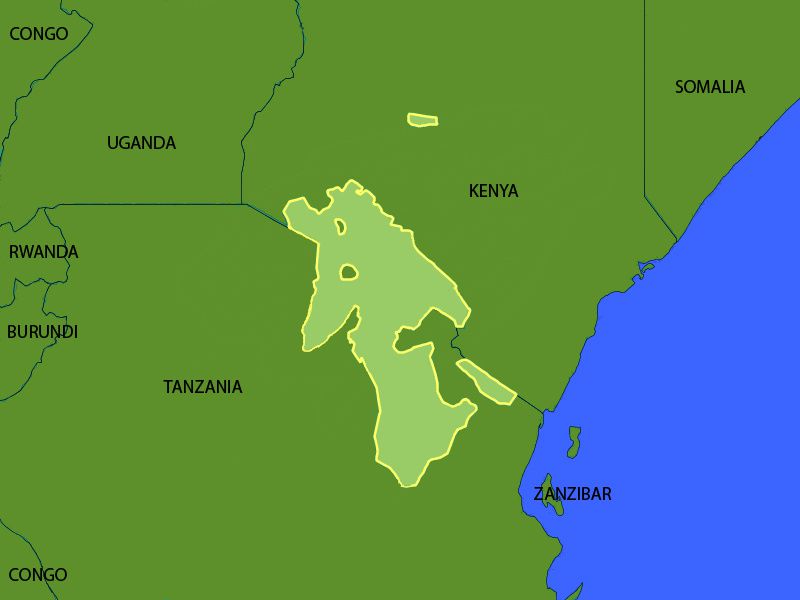
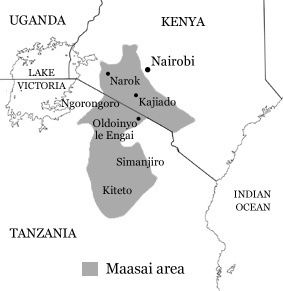
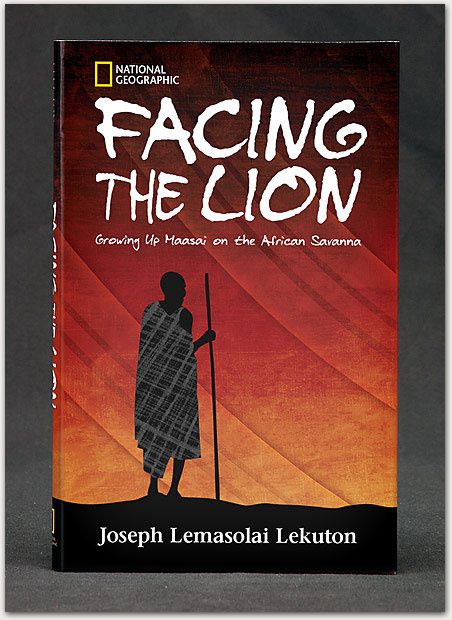
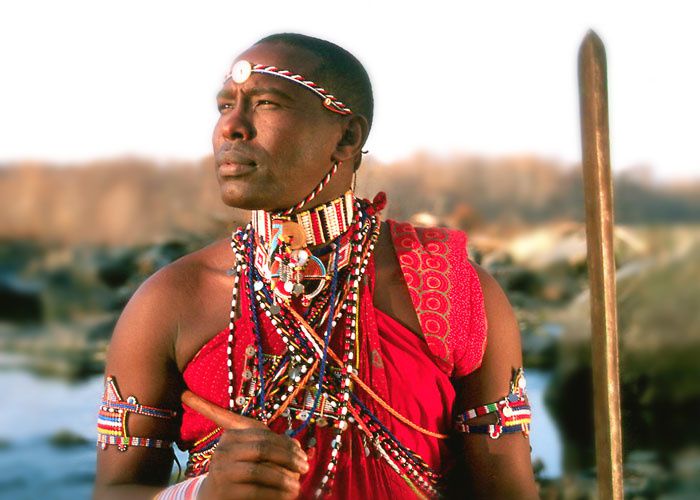



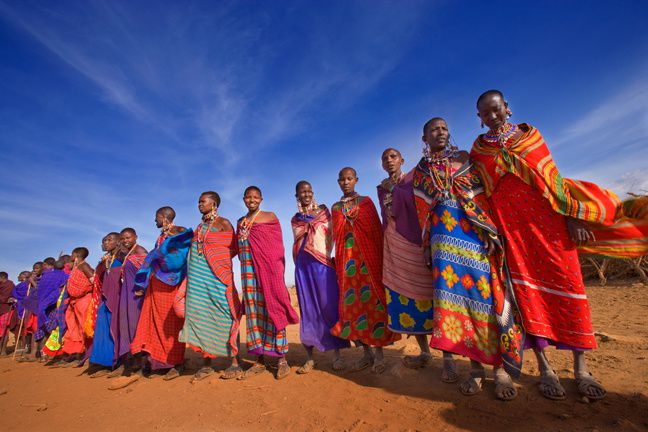





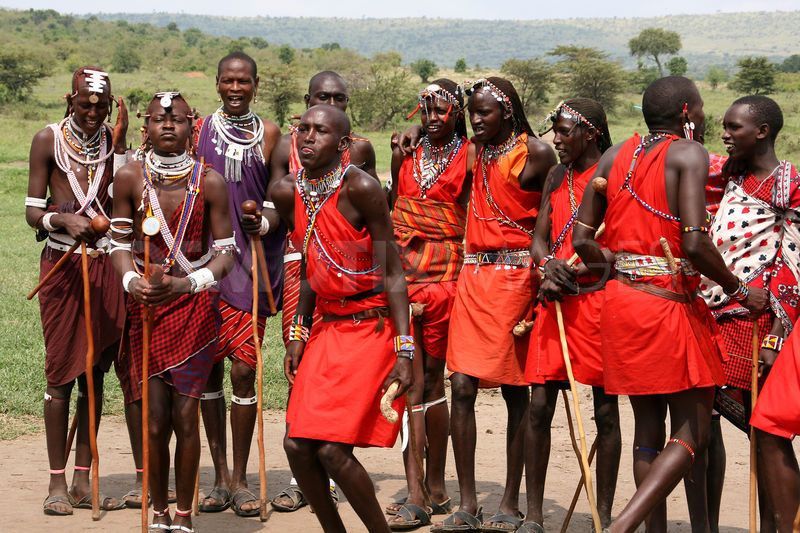







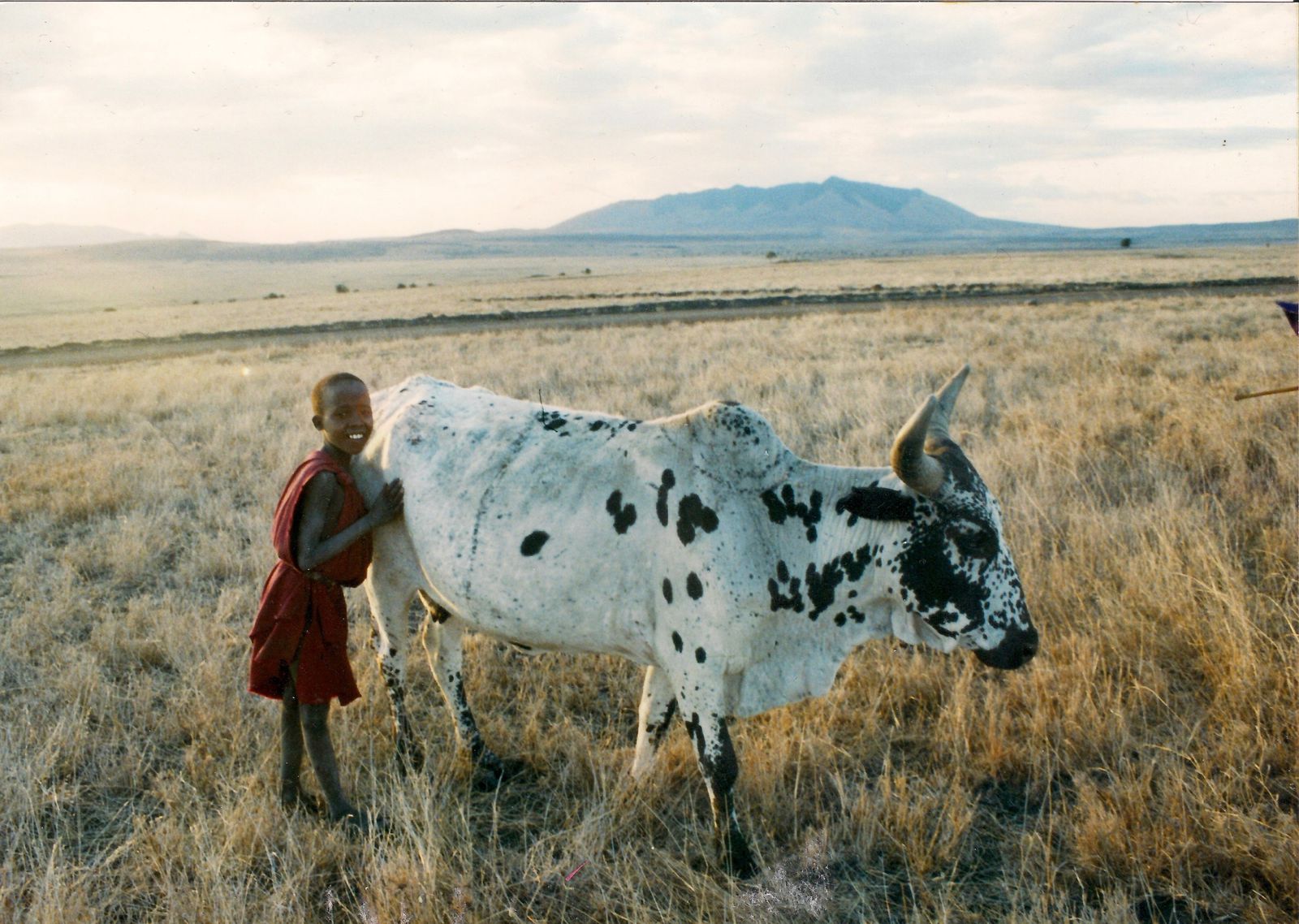


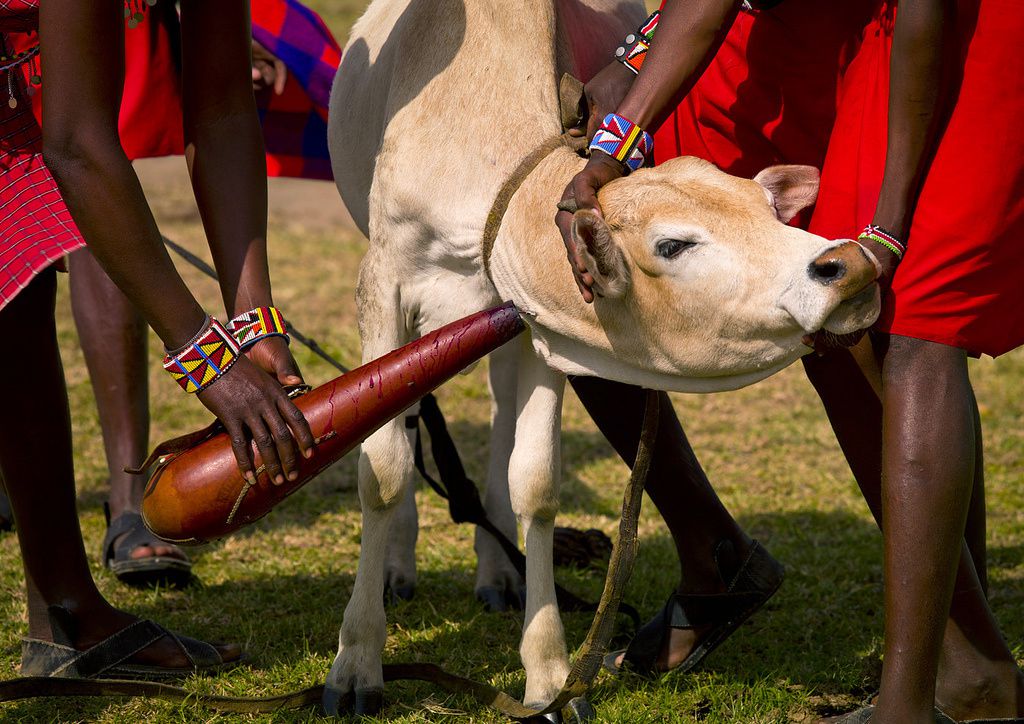

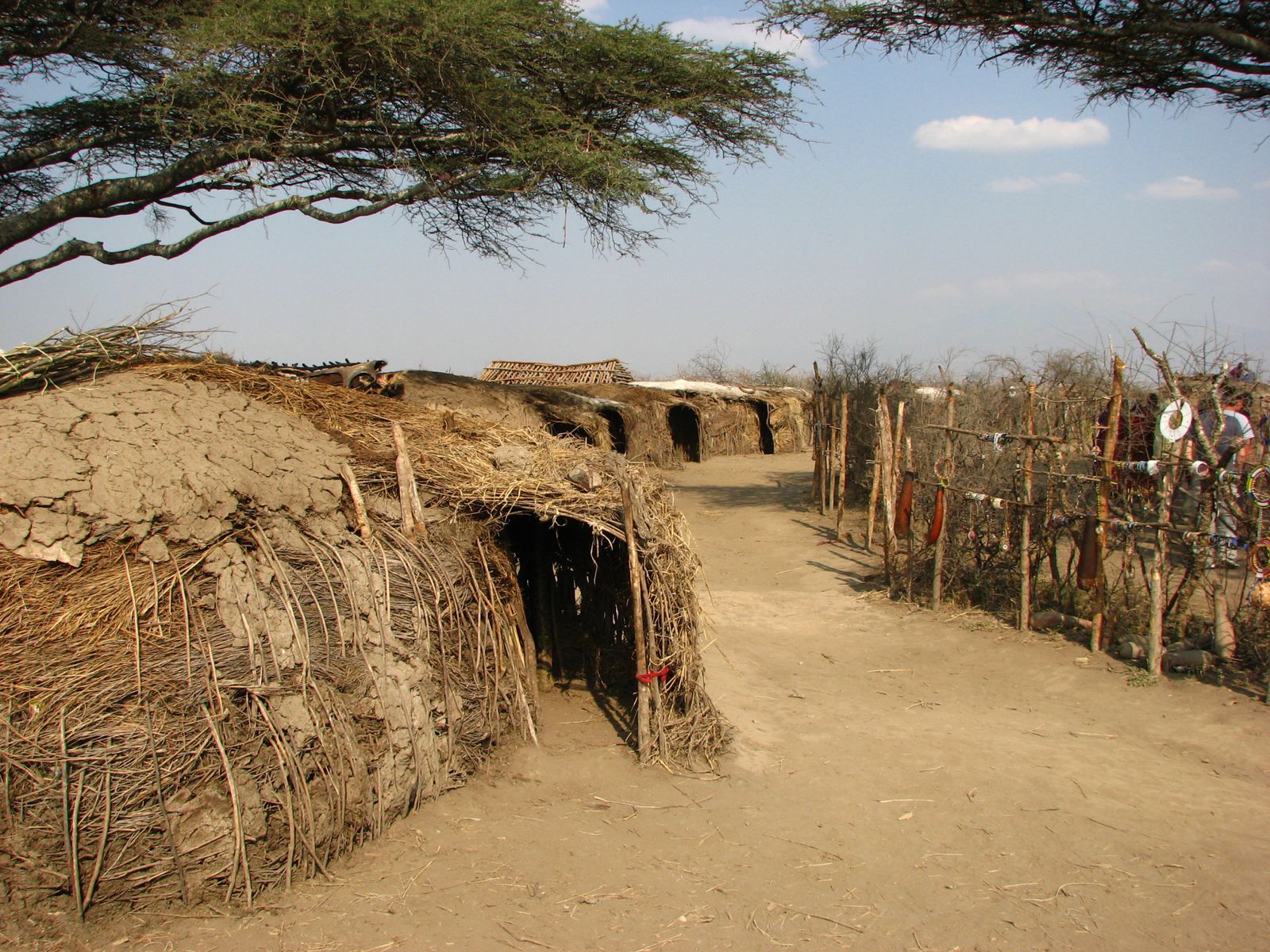
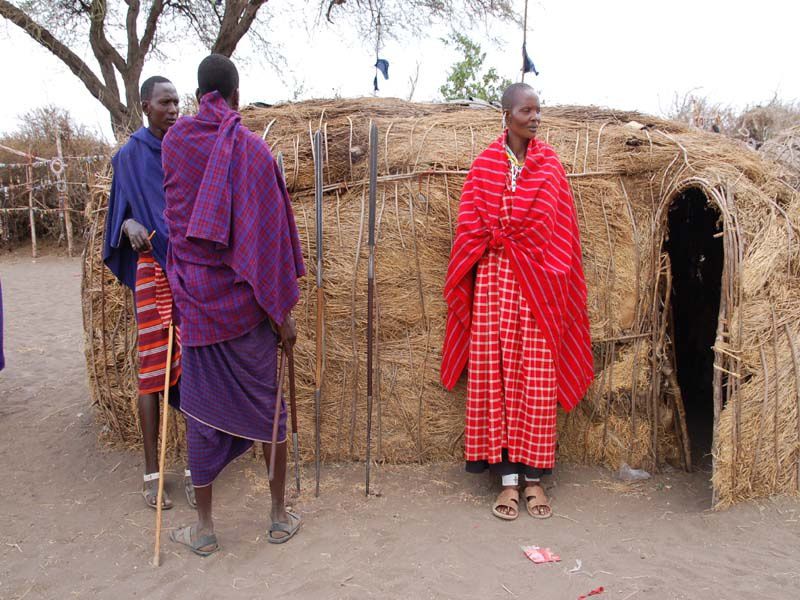






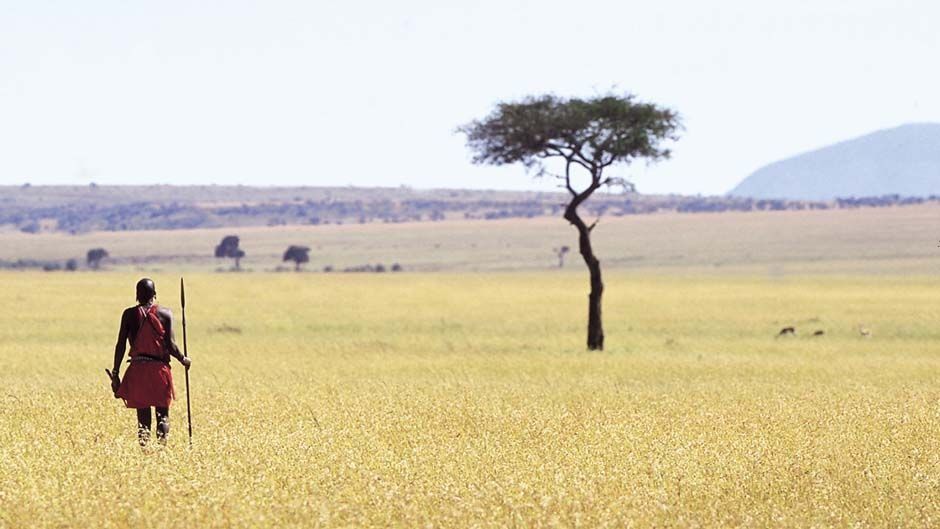


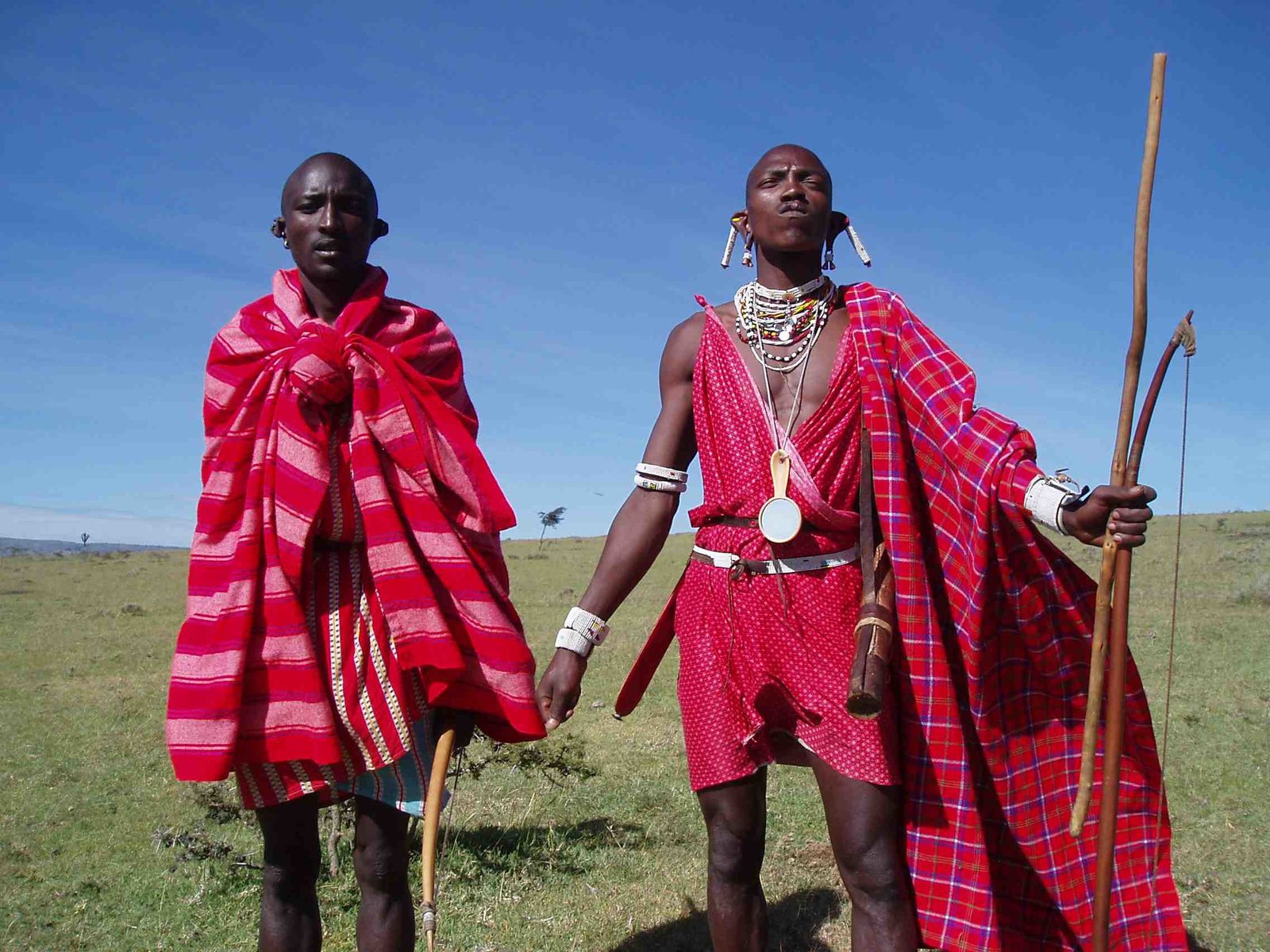

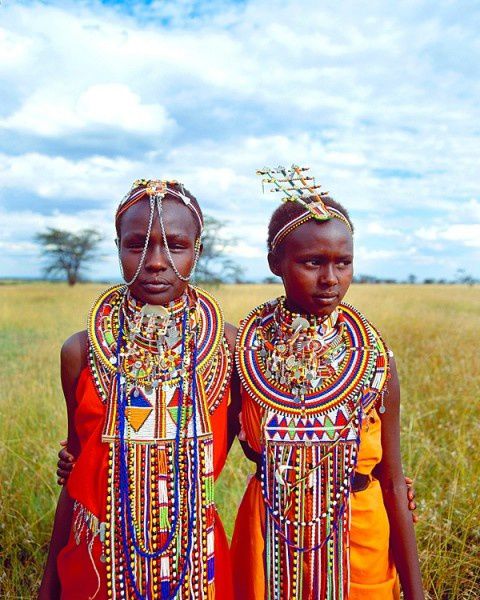


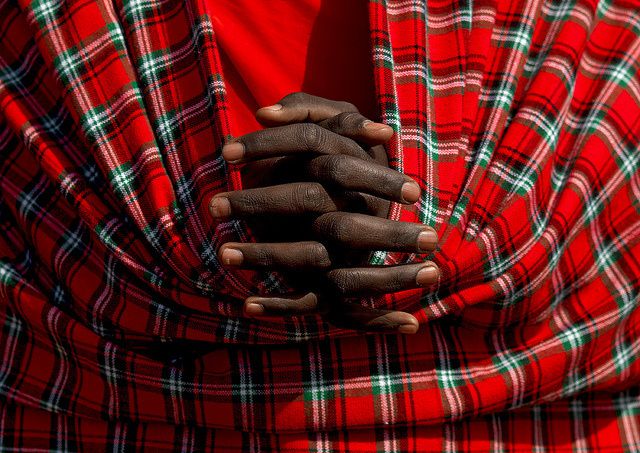






/image%2F0111014%2F20150426%2Fob_30ed04_overblogimg-3029.jpg)
/image%2F0111014%2F20150426%2Fob_f9fd87_overblogimg-3237.jpg)
/image%2F0111014%2F20150312%2Fob_2b625a_overblogimg-1815.jpg)
/image%2F0111014%2F20150421%2Fob_24f209_overblogimg-2702.jpg)
/image%2F0111014%2F20150302%2Fob_24875e_img-1603.jpg)
/image%2F0111014%2F20150227%2Fob_00db6a_overblogimg-0400.jpg)
 Go to top
Go to top
comments